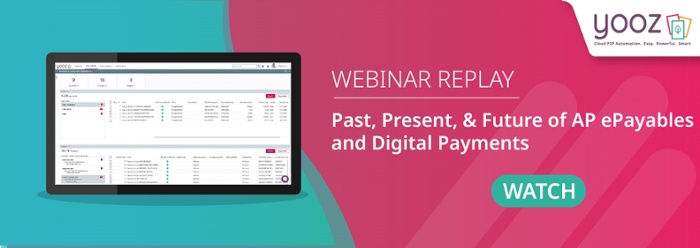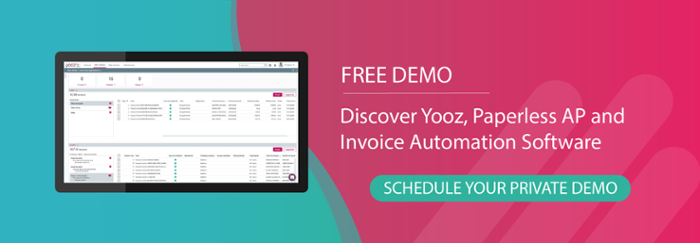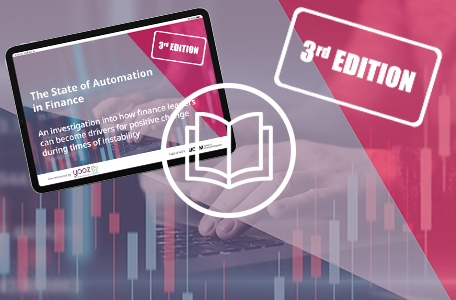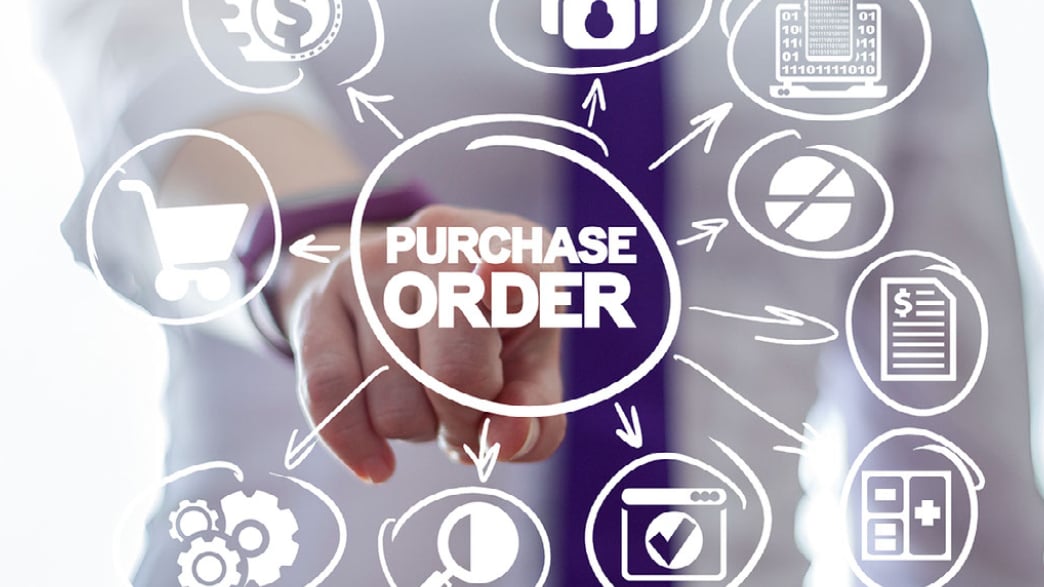Efficient accounting practices rely on effective management of invoices and maintaining comprehensive records. By leveraging the capabilities of automated invoice processing solutions, businesses can optimize their Accounts Payable (AP) and Accounts Receivable (AR) processes. This in turn leads to increased accuracy, reduced manual errors, and enhanced productivity.
If your business could benefit from these advantages read on, as this article explores the benefits of automated invoice processing and how businesses can efficiently optimize their financial operations for optimal outcomes.

Understanding the Role of Invoice Records
To fully understand how invoice records and automation invoice processing can support a business, it is important to define the concept of an invoice record. An invoice record serves as vital documentation for financial transactions between buyers and sellers. It includes essential details such as the invoice number, invoice due date, payment terms, an itemized description of the various goods purchased or services sold, and the total amount credit balance still due.
Maintaining comprehensive records of invoices means that businesses can track transactions, manage outstanding balances, and ensure timely collection or payments. In addition to their financial significance, invoice records are also vital documentation for audits, tax reporting, and budgeting purposes.

Automated Invoice Processing: Enhancing Productivity and Accuracy
Automated invoice processing revolutionizes traditional manual methods of processing invoices leveraging technology and intelligent automation. It utilizes specialized software that can capture invoice data, extract relevant information, validate it against pre-defined criteria, and seamlessly integrate it into the accounting system. Here are some of the key advantages of implementing automated invoice processing.
Streamlined Accounts Payable Process
Automated invoice processing significantly accelerates the Accounts Payable process, reducing the time and effort usually required for manual data entry and validation. By automating the invoice data capture, the software eliminates errors caused by manual entry, ensuring accurate record-keeping for your invoice record.
This streamlined approach empowers the Accounts Payable teams to focus more on value-added tasks such as supplier management and strategic financial analysis. With automated invoice processing, businesses can process invoices more efficiently, avoid bottlenecks, and improve the overall company workflow.
In addition, the software can generate automatic payment reminders for outstanding invoices, reducing the risk of late payments and strengthening vendor relationships.
Improved Accounts Receivable Management
To further leverage the power of automation, more efficient Accounts Receivable management can be achieved through streamlining the invoice record management process. Specifically, implementing automated systems means that businesses can generate and dispatch invoice promptly, effectively minimizing payment delays.
Centralizing invoice records enables easy identification of outstanding accounts and payments, timely reminders to customers to pay, and switch action to make collections quicker and easier.
Taking this proactive approach to Accounts Receivable management leads to improved cash flow, reduced average collection periods, and a strengthened financial position. Automated invoice processing also provides better visibility into payment trends, meaning that businesses provides better visibility into payment trends, enabling business to better customer payment behavior and implement effective strategies for optimal Accounts Receivable management.
Enhanced Accuracy and Compliance
Automated invoice processing reduces the risk of errors and non-compliance with financial regulations. The software validates invoices against pre-defined criteria, ensuring invoice numbers, proper matching of amounts with purchase orders, and ensuring that invoices adhere to company policies. This automated validation ensures data accuracy, minimizes the potential for fraudulent activities, and enhances overall financial compliance.
By maintaining accurate invoice records, businesses can confidently handle audits and meet regulatory requirements. Automated systems also conveniently record invoice date and payments and then provide an audit trail, facilitating traceability and accountability.

Increased Cost Savings
Automated invoice payment processing significantly reduces payment processing costs by eliminating manual data entry and reducing the likelihood of errors. Businesses can save time and resources that would have been spent on manual invoice payment transaction handling, resulting in improved operational efficiency and cost-effectiveness.
Automated systems also provide greater visibility into invoice status, enabling businesses to avoid late payment penalties and leverage early payment discounts. The reduction in costs associated with manual invoice processing allows businesses to allocate resources to strategic initiatives that drive growth and profitability. Plus, automated systems facilitate the identification and resolution of invoicing errors or discrepancies, preventing unnecessary costs and potential issues with revenue.
Optimizing Financial Operations with Automated Invoice Processing
To unlock the full potential of automated invoice processing, businesses can adopt the following best practices.
Select a Robust Software Solution
Choose a reliable and scalable automated invoice-processing software solution that directly aligns with your organization’s specific needs. Look for key features such as intelligent data extraction for reporting and analysis, customizable validation rules, seamless integration with existing accounting systems or other software, and comprehensive reporting capabilities to ensure real-time updates to your invoice record system.
By selecting a well-suited software solution, you can streamline invoice processing, enhance overall financial operations, and future-proof your business for growth.
Standardize Invoice Processing Workflows
To optimize your financial operations, it is advisable to standardize your invoice processing workflows. This promotes consistent and efficient invoice handling across the organization. Define clear roles and responsibilities, set approval hierarchies, and implement well-defined guidelines for exception handling.
By establishing standardized workflows, you can minimize errors, reduce processing time, and gain better financial control. In addition, standardized workflows also make it easier to onboard new employees and improve collaboration among different departments involved in the processing cycle.
Regularly Monitor and Audit Invoice Record Systems
Perform periodic audits on your invoice record to identify discrepancies, ensure accuracy, and maintain financial integrity. By conducting regular reviews, businesses can identify potential issues, resolve disputes, and enhance the overall quality of financial data, facilitating analysis and reporting. Regular monitoring also helps identify trends and patterns, empowering data-driven decisions and identify areas for process improvement.
It’s also recommended to implement a system of checks and balances to verify the accuracy of automated invoice processing software. By ensuring its proper functioning, you can maintain accurate and reliable reports that support your financial operations.

Final Thoughts for Your Accounts Payable Account Process
Automated invoice processing is a transformative tool that offers numerous benefits for businesses. If the goal is to optimize your Accounts Payable and Accounts Receivable processes, this solution can be ideal.
By leveraging technology to streamline invoice record management, businesses can become much more efficient, accurate, compliant, and cost reduction. Implementing robust automated invoice processing solutions empowers organizations to shift their focus towards strategic financial initiatives, driving growth, and ultimately increasing profitability.
Yooz is a leading provider of automated invoice processing solutions, offers state-of-the-art software that simplifies invoice processing, improves financial control, and boosts operational productivity.
With Yooz, businesses can streamline their accounts payable and accounts receivable processes, gain valuable insights from invoice data, and take their financial operations to new levels of efficiency. Explore Yooz’s automated invoice processing solutions today and revolutionize the way you do business. Request a private demonstration today!
FAQs
How long to keep invoice records?
Are invoices recorded in accounting?
How do you record invoices in accounting?
Can an invoice be recorded in the purchases journal?







